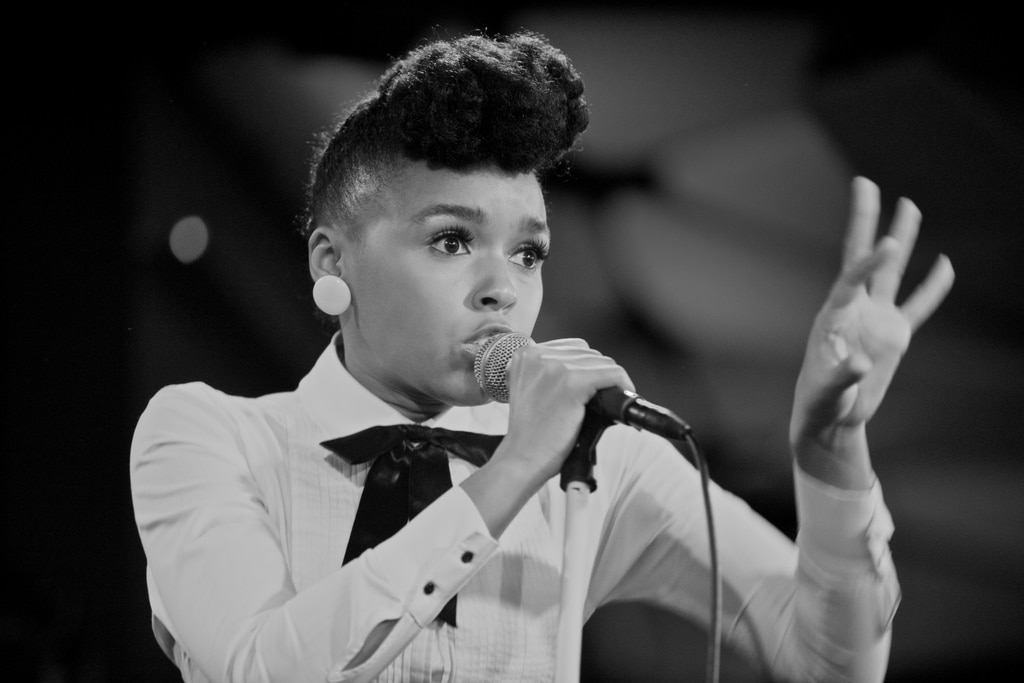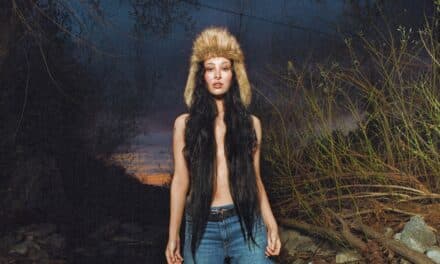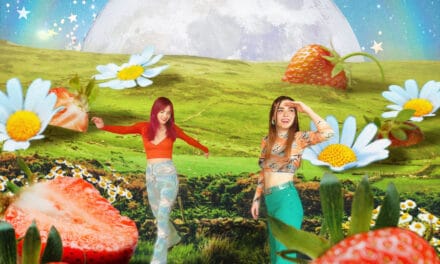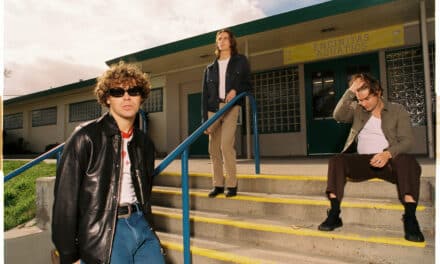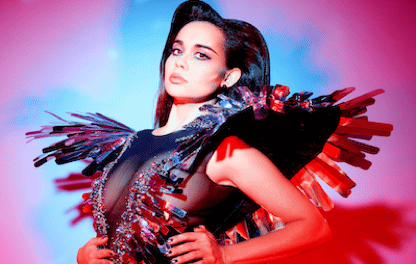Throughout music history, LGBTQIA+ relationships have been notoriously underrepresented. If queer relationships or encounters were revealed at all by musicians or in song lyrics, it was often in an overtly eroticized way – from Madonna and Britney’s infamous 2003 VMA lip lock, to Katy Perry’s hit song “I Kissed A Girl,” where she maintains her straight sexuality, singing: “It’s not what I’m used to / Just wanna try you on.”
The rap world especially has a long tradition of macho male culture that often slanders homosexuality in its lyrics and attitudes. Major mainstream rap artists, from NWA and The Beastie Boys to 50 Cent and Eminem, have expressed disdain for gay people and culture, and have often gone out of their way to prove and protect their straight image. Even more recently, Nicki Minaj evoked controversy for using a gay slur in the lyrics of her song “Majesty,” and Migos’ Offset apologized after rapping “I cannot vibe with queers” in his verse on YFN Lucci’s “Boss Life.”
But now, we’re finally starting to see a shift towards normalizing LGBTQIA+ relationships, both in the music industry and in music itself – a shift that begins with the artist and their lyrics.
I know I'm going to be in the minority, but Barbie Dreams is offensive. The homophobia, fat shaming, ableism, femmephobia, and shit is annoying. I actually can do without all that. I need Nicki Minaj to grow up.
— lanna del slay//blm 🐝🇬🇾 (@alannagabby) August 10, 2018
So y’all canceled offset for using the word Queer in a song but it’s ok for Nicki to use the word sissy in hers?
— Godzilla (@G0LD_FINGER) August 10, 2018
As representation increases across genres, the boundaries of the Hip-Hop world are also being challenged. More and more artists are pushing back against the conventional, anti-gay attitudes that were often considered the name of the game. Specifically, bisexual and nonconforming artists in the R&B and rap genre are not only embracing their sexuality in their personal lives, but also exploring their sexuality in their music by refusing to comply with the heteronormative standards in songwriting.
Steve Lacy confronts his bisexuality in his 2019 album “Apollo XXI.” In an interview with i-D magazine, Lacy explained that the album was “basically my journey, my sexuality.” He expresses his fear of being accepted because of his bisexuality and cultivates a community in his listeners on his track “Like Me:” “How many out there just like me? / How many others not gon’ tell their family? / How many scared to lose their friends like me? / I wonder, I wonder.”
Janelle Monáe also has come out as having relationships with both men and women, and explores her sexuality in both her lyrics and music videos. For her 2018 album Dirty Computer, Monáe released music videos with both male and female love interests. Monáe plays with her bisexuality visually in the video for “Make Me Feel,” where at one point she runs and dances between a man and a woman on either end of the stage (the woman in the video is also actress Tessa Thompson, whom Monáe has been romantically linked to, exciting a LOT of the queer community).
A lot like the rap game itself, Tyler, the Creator evolved from hurling gay slurs to exploring his own sexuality in his tracks. In his album “Igor,” Tyler, the Creator dives into a love triangle that forces him to wrestle with his feelings for both men and women. Throughout the album, he raps about hiding his sexuality behind a “mask.” In the track “RUNNING OUT OF THE TIME,” he says, “Take your mask off, I need her out the picture… Stop lyin’ to yourself, I know the real you.”
“EARFQUAKE,” Tyler, the Creator
Kevin Abstract of popular rap group Brockhampton continues the same motif of hiding his sexuality behind a “mask” in Brockhampton’s 2017 track “JUNKY.” Abstract came out as gay in 2016, and reflects the difficulty of being accepted as gay in the rap world in the following lyrics of the same song.
Lil Nas X famously came out via Twitter during pride month last year, referencing his track “C7osure” to provide insight to his sexuality. When Lil Nas X came out as a member of the LGBT community, he challenged both the rap genre and the country genre, which similarly has a history of discrimination against LGBTQIA+ individuals.
Canadian rapper Tommy Genesis emerged from the underground scene to the mainstream light with music she classifies as “fetish rap.” Genesis is open about her bisexuality and sex itself, expressing her sexuality and preferences in her lyrics.
Genesis told W Magazine in 2016
“If I had it my way, you wouldn’t know my gender.
I hate being put in any box.”
Often, artists face a roadblock when it comes to accepting their sexuality and being accepted by their genre. Even when the traditional homophobic sentiments are challenged, music artists across all genres, and specifically in the rap world, still wrestle with being stereotyped. Some of these artists have pushed back against this sentiment, challenging the existing binaries and refusing to have their sexuality contained.
Kehlani wrote in a now deleted tweet that she actively rejects any labels, instead identifying as “queer.” Her songs often reflect her bisexuality, as she sings about both male and female love interests. For example, Kehlani’s 2017 song “Honey” describes her preference of girls: “I like my girls just like I like my honey,” and continues to describe her relationship with women.
Frank Ocean writes about falling in love with men as well as his attraction to women in “Chanel.” Even in the first lyric of the song (“My guy pretty like a girl”), Ocean pushes against the classic representation of male and female binaries, where his partner embodies both masculine and feminine characteristics. When Ocean repeats, “I see both sides like Chanel,” throughout the song, the symbol of Chanel may be a symbol for Ocean’s own bisexuality.
There’s still a long road to go in normalizing LGBT relationships in music, but many artists have begun to pave the path, challenging the norm and changing the game, hopefully inspiring a generation of artists to come.

